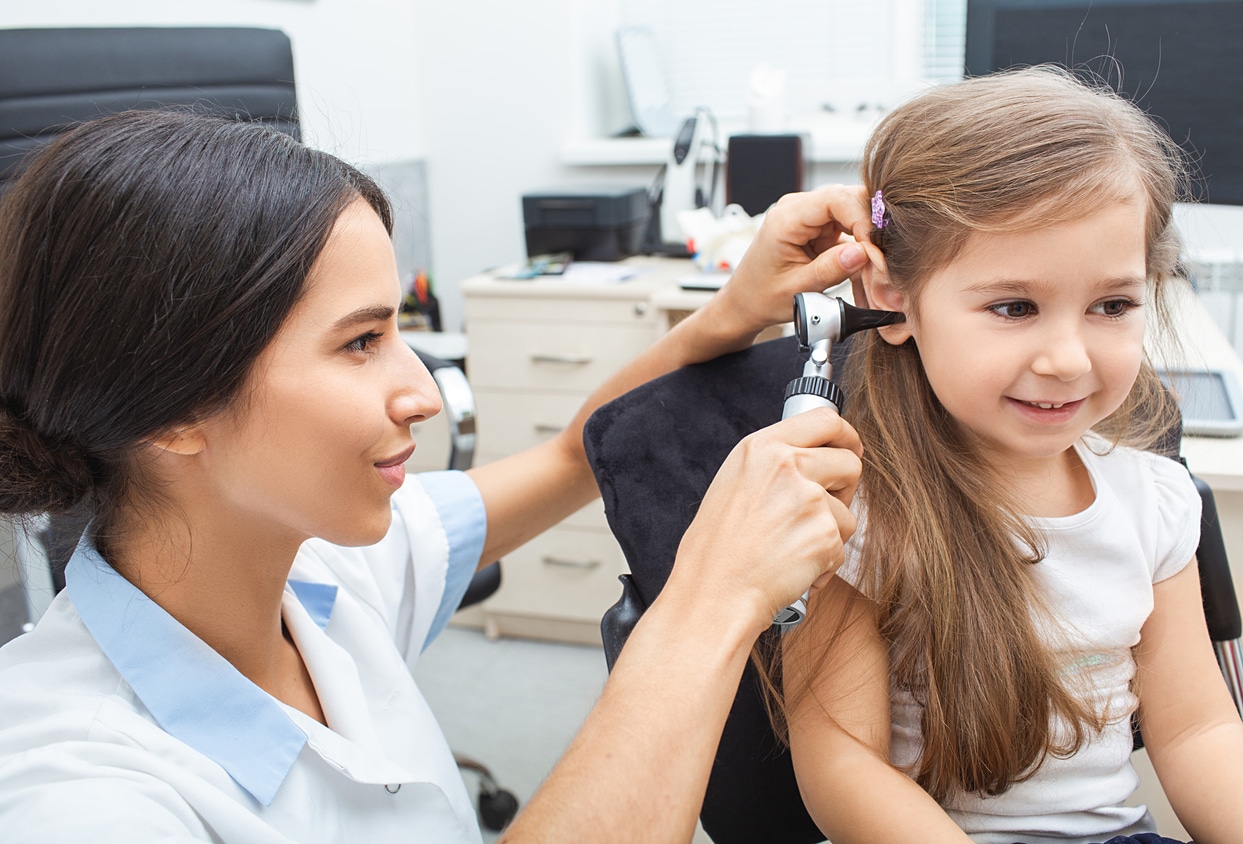Hearing plays a pivotal role in a child’s growth, influencing their ability to communicate, understand language and develop cognitive skills. For children facing challenges like auditory processing disorder (APD) or hearing loss, these issues can impede their learning and social interactions. As a parent, it’s vital to grasp how to effectively manage these conditions to support your child’s well-being and development. Let’s explore the basics of APD and pediatric hearing loss and what you can do to be there for your child.
Understanding the Basics

Auditory Processing Disorder (APD)
APD refers to the brain’s struggle to process sounds correctly. Kids with APD may struggle to understand speech in noisy places, follow verbal instructions or distinguish between similar sounds.
Pediatric Hearing Loss
Hearing loss varies in severity and might be congenital or acquired through factors like infections, genetics or loud noise exposure. Recognizing the signs early on is critical to addressing the issue.
The Importance of Early Detection
Catching hearing problems early is helpful for successful management. Although newborns typically undergo hearing screenings, parents should watch for signs of hearing issues as their child grows. Indications of hearing problems may include:
- Needing the TV or radio volume unusually high
- Not reacting to their name being called
- Social withdrawal
- Frequently asking for repetitions
- Verbal communication challenges
- Delayed responses in conversations
Should you notice any of these signs, consider consulting a hearing specialist for an assessment and advice on the next steps.
Effective Management Strategies
Treating pediatric hearing issues may involve several therapeutic approaches tailored to meet your child’s specific needs:
- Hearing aids. These devices can make speech clearer and reduce background noise, helping children with hearing loss to understand the world around them.
- Auditory training. This involves exercises and activities designed to enhance listening skills and the ability to distinguish between sounds.
- Speech and language therapy. A speech-language pathologist can assist in developing communication skills, improving auditory processing abilities and teaching strategies to overcome hearing difficulties.
Supporting Your Child’s Journey
Addressing hearing issues like APD and hearing loss entails a multi-faceted strategy that includes early detection, creating supportive environments, therapeutic interventions and using hearing aids when necessary. Advocating for your child’s needs and employing strategies to bolster their communication and learning can significantly impact their ability to engage fully in life’s activities, from academics to playing with their friends at Foster Park.
Remember That You’re Not Alone
Managing your child’s hearing condition may seem daunting, but support is available. Partnering with hearing specialists can provide the guidance and resources needed to navigate this journey. Together, you can work towards ensuring your child enjoys a rich, fulfilling life unhindered by hearing challenges.
For more information about caring for your child’s hearing needs, contact Ear, Nose & Throat Consultants today to schedule an appointment with one of our specialists.